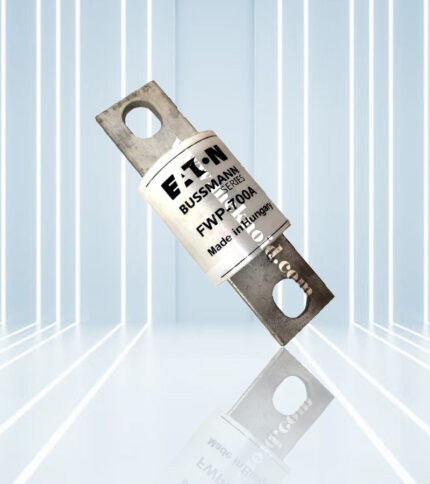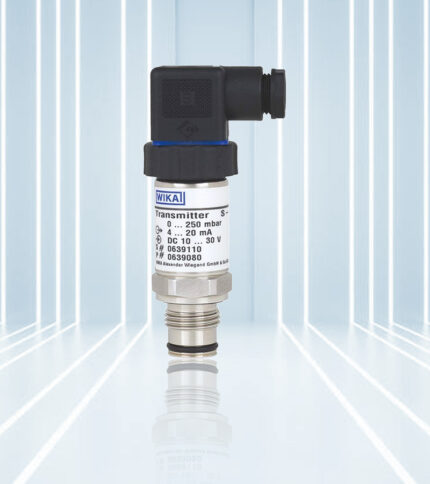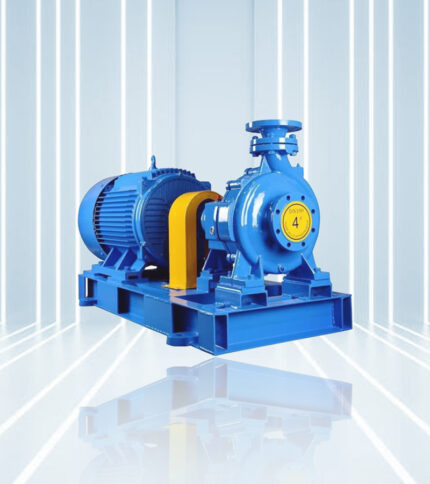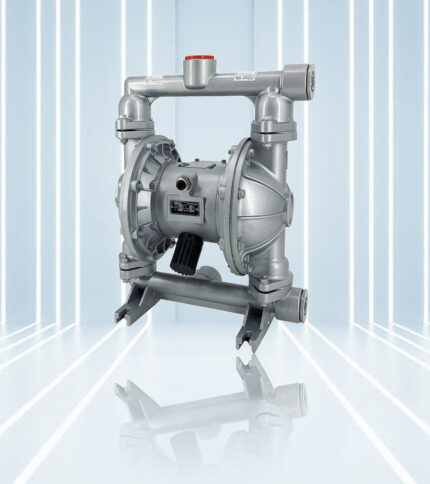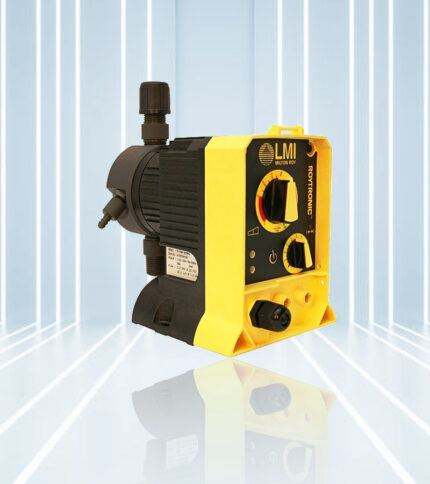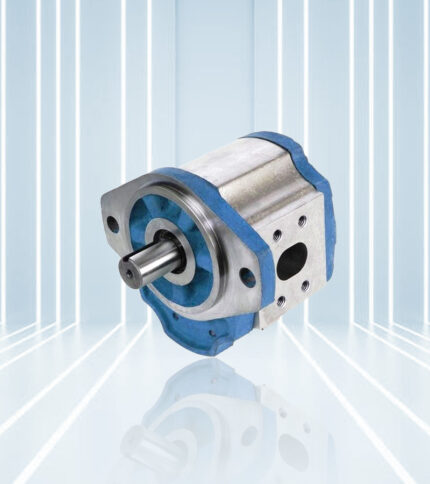Description
Centrifugal pumps are versatile and efficient fluid handling devices used in a wide range of industrial, commercial, and municipal applications. These pumps utilize centrifugal force to transfer liquids from one location to another, making them suitable for applications such as water supply, wastewater treatment, HVAC systems, irrigation, and chemical processing. The operation of centrifugal pumps involves the conversion of mechanical energy from a rotating impeller into kinetic energy, which then accelerates the fluid and creates a centrifugal force that propels the fluid through the pump casing and discharge outlet. This continuous flow of fluid results in high flow rates and efficient fluid transfer, making centrifugal pumps ideal for applications requiring large volumes of liquid to be moved quickly and reliably. Centrifugal pumps are available in various configurations, including end-suction, split-case, multistage, and vertical inline pumps, each offering specific advantages and performance characteristics. They are also constructed from a variety of materials such as cast iron, stainless steel, bronze, and plastic, chosen for their durability, corrosion resistance, and compatibility with different fluids and operating conditions.
One of the key benefits of centrifugal pumps is their simple and robust design, which results in easy installation, operation, and maintenance. These pumps have few moving parts, requiring minimal maintenance and reducing downtime for servicing. They are also capable of operating at high speeds and can handle a wide range of fluid viscosities and temperatures, providing versatility to meet diverse application requirements. Centrifugal pumps are widely used in industries such as manufacturing, agriculture, chemical processing, power generation, and water treatment, where reliable fluid handling is essential for maintaining process efficiency and productivity. With their high flow rates, efficient operation, and versatility, centrifugal pumps offer a cost-effective and reliable solution for fluid transfer and circulation in various applications.
Benefits
- High Efficiency: Centrifugal pumps offer high efficiency in fluid transfer, providing effective movement of large volumes of liquid with minimal energy consumption.
- Versatility: These pumps are versatile and can handle a wide range of fluids, including water, chemicals, sewage, and slurries, making them suitable for diverse industrial and commercial applications.
- Ease of Installation: Centrifugal pumps are relatively easy to install compared to other types of pumps, requiring minimal setup and infrastructure, thereby reducing installation time and costs.
- Low Maintenance: With fewer moving parts and simple design, centrifugal pumps require minimal maintenance, resulting in reduced downtime and lower maintenance costs over their operational lifespan.
- Cost-Effective: Centrifugal pumps provide a cost-effective solution for fluid transfer needs, offering reliable performance and longevity at a competitive price point.
Technology
- Centrifugal Force: Centrifugal pumps operate on the principle of centrifugal force, wherein a rotating impeller accelerates the fluid radially outward, generating kinetic energy and creating a low-pressure zone, which then draws fluid into the pump.
- Impeller Design: The impeller is a key component of centrifugal pumps, designed with curved vanes to efficiently impart energy to the fluid and create flow, with various impeller designs tailored to specific applications.
- Sealing Options: Centrifugal pumps offer different sealing options, including gland packing, mechanical seals, and magnetic couplings, providing flexibility to suit different operating conditions and fluid types.
- Variable Speed Control: Some centrifugal pumps feature variable speed drives or adjustable impeller settings, allowing for precise control of flow rates and energy consumption to optimize performance and efficiency.
- Materials Selection: Centrifugal pumps are constructed from various materials such as cast iron, stainless steel, bronze, and plastic, chosen based on factors such as fluid compatibility, corrosion resistance, and mechanical strength.
Reliability
- Robust Construction: Centrifugal pumps are built with robust construction and durable materials, ensuring reliability and longevity even in demanding industrial environments.
- Stable Operation: These pumps offer stable and consistent operation, with minimal vibration and noise levels, contributing to smooth performance and extended equipment lifespan.
- Overload Protection: Many centrifugal pumps are equipped with overload protection features such as thermal sensors and automatic shutdown mechanisms, preventing damage from overloading and ensuring safe operation.
- Seal Integrity: Proper sealing mechanisms and robust seals help maintain seal integrity, preventing leaks and ensuring containment of fluids, thereby enhancing safety and reliability.
- Industry Standards Compliance: Centrifugal pumps comply with industry standards and regulations for performance, safety, and reliability, providing assurance of quality and adherence to best practices.



